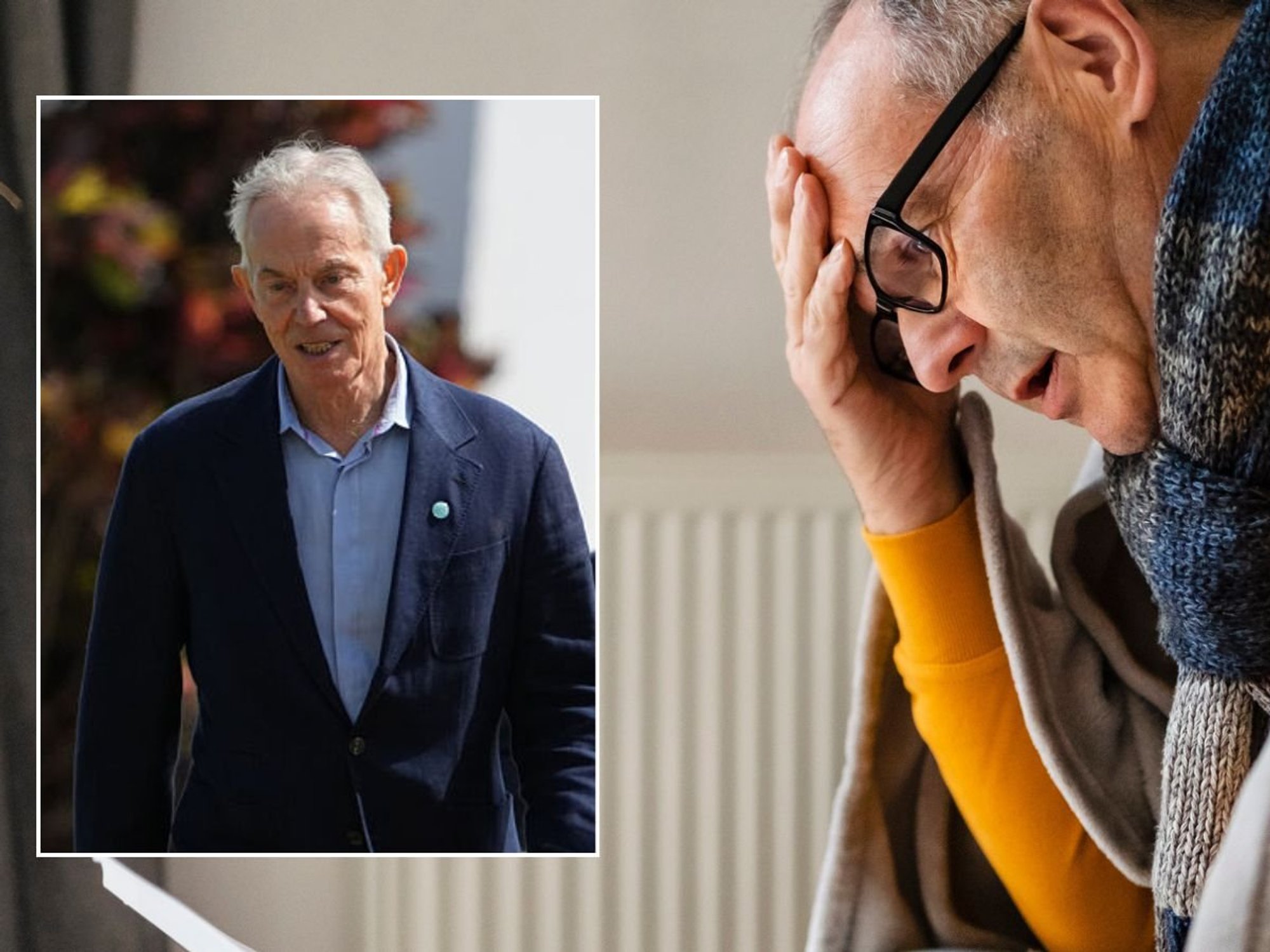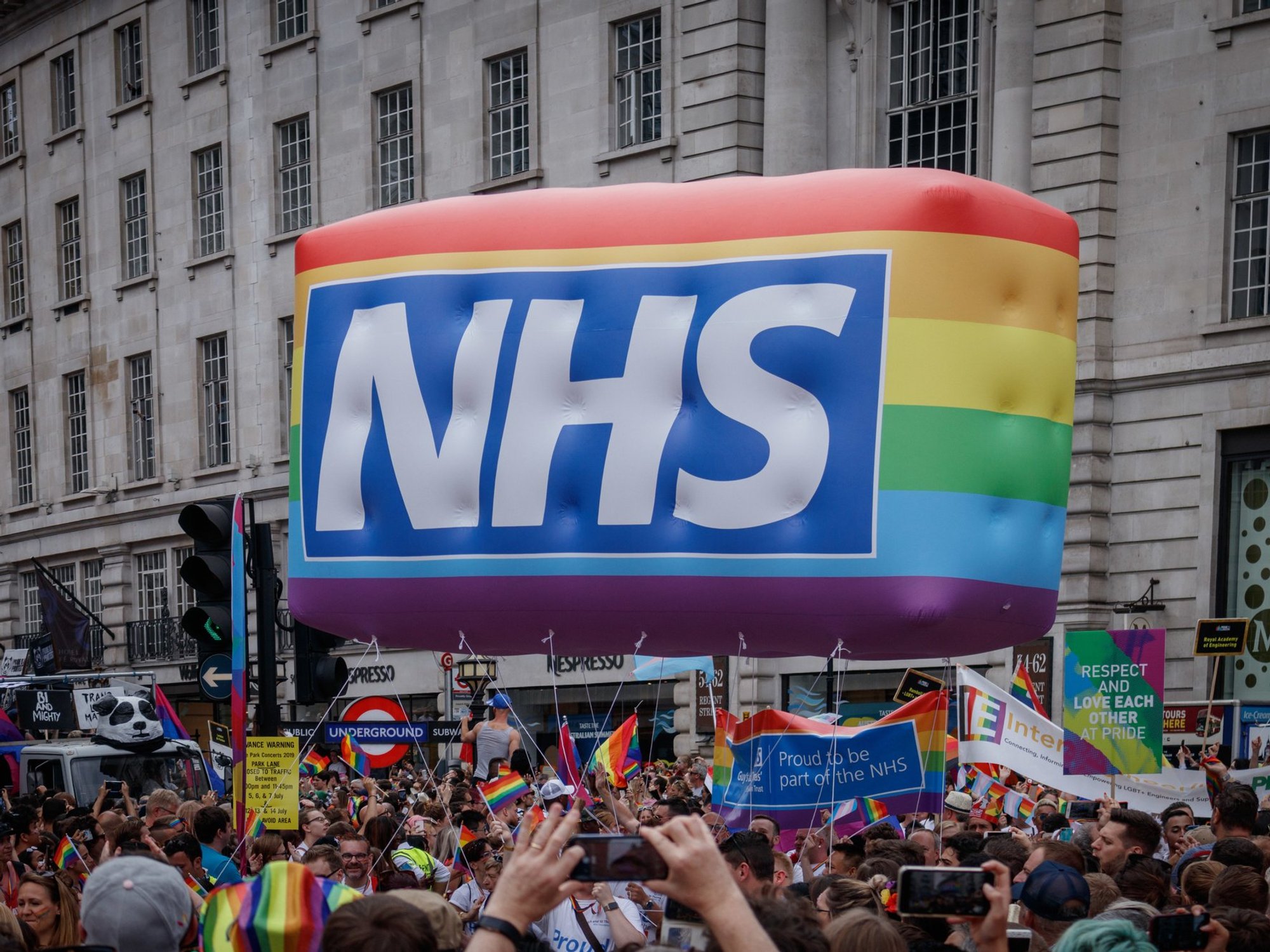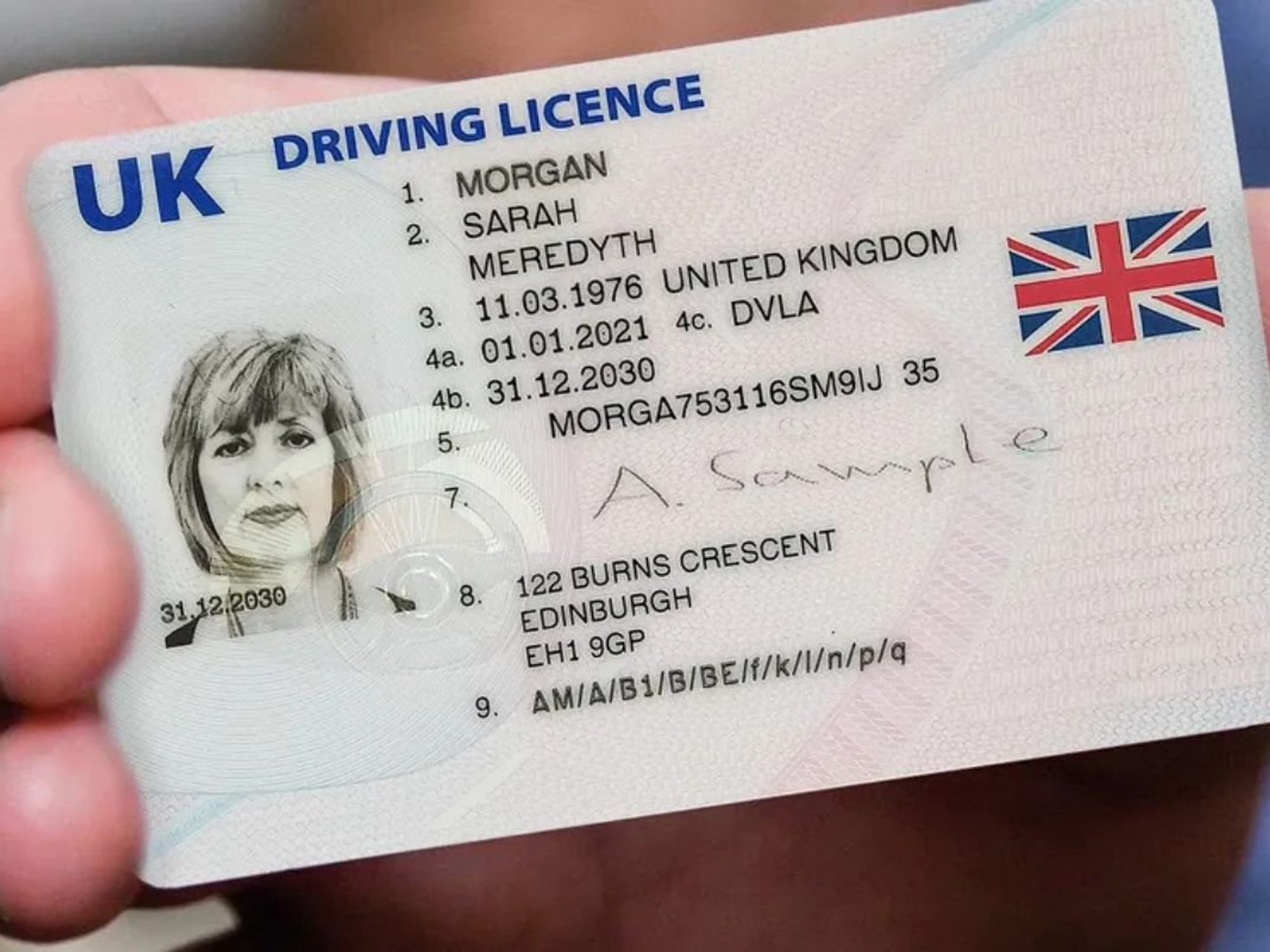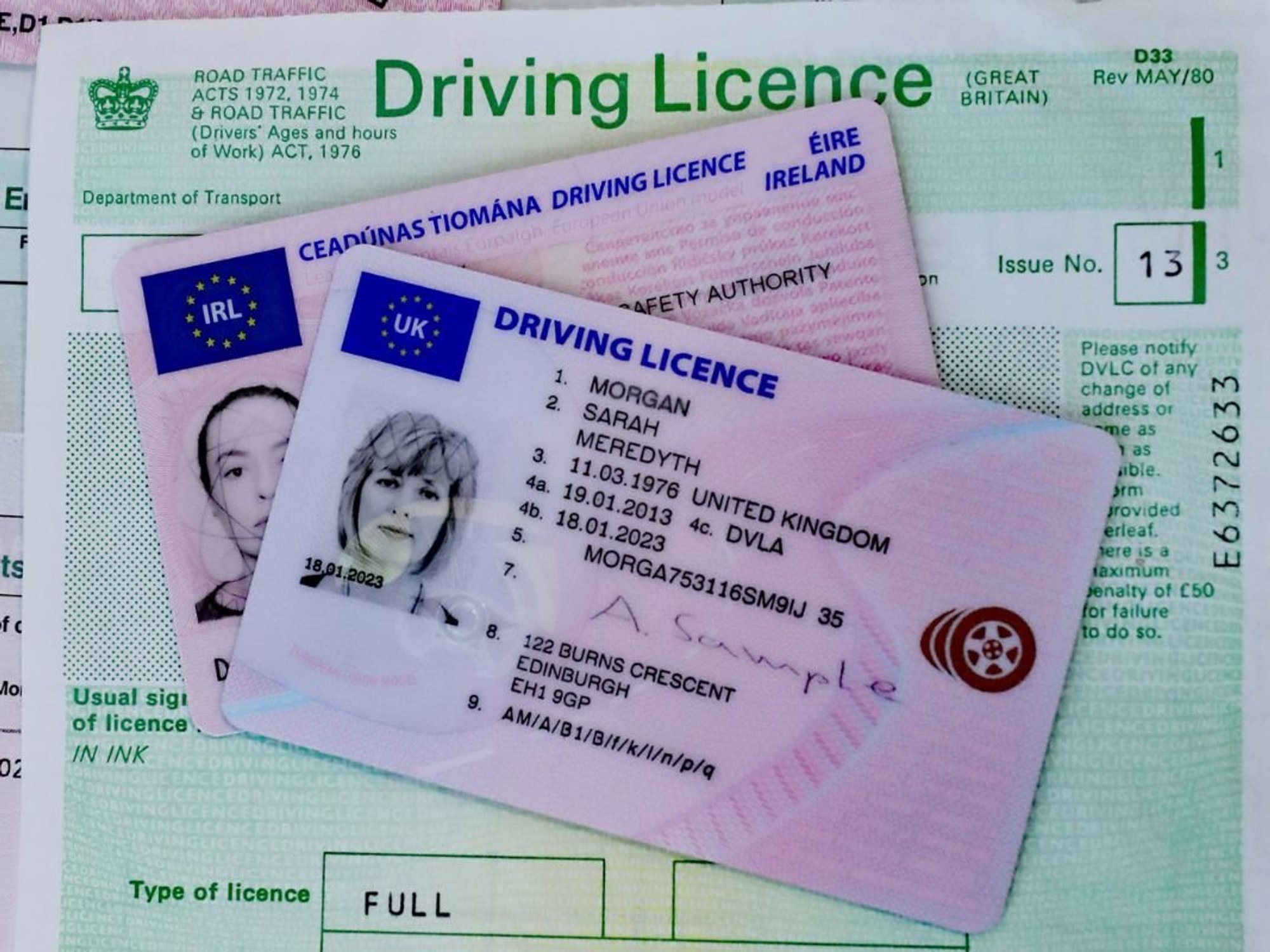Chopping off healthy genitalia should not be free on the NHS. We can't afford to treat feelings - Renee Hoenderkamp
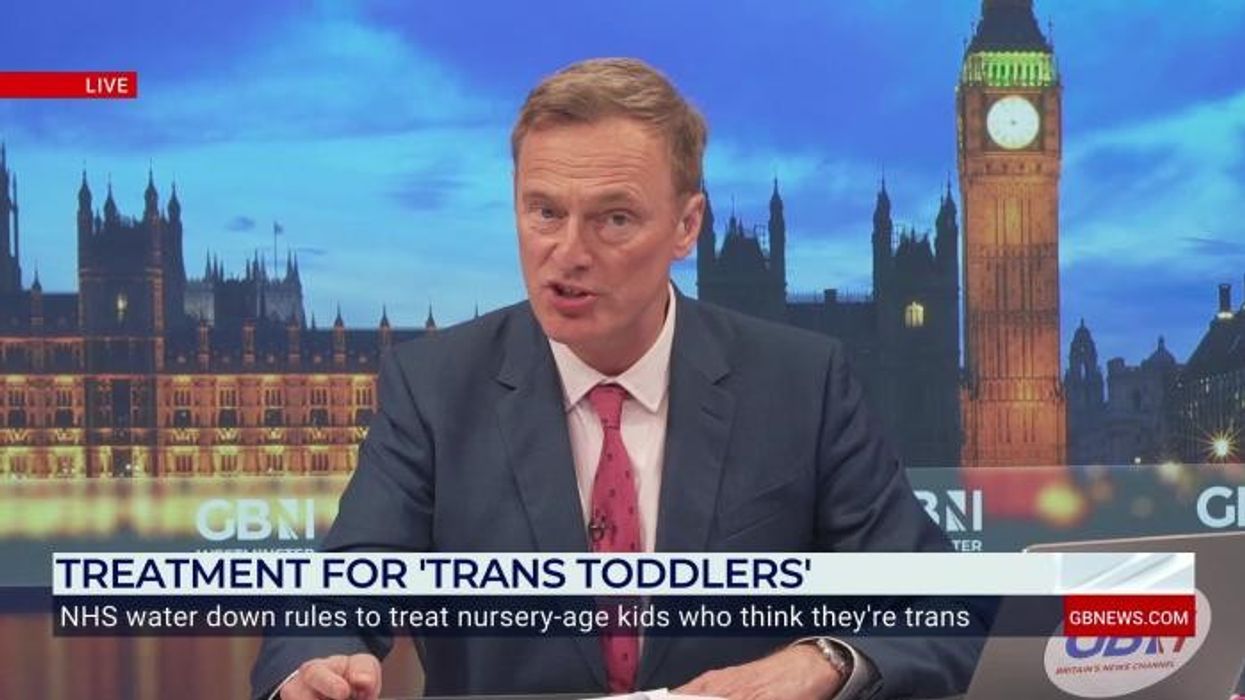
‘What on earth?’ Martin Daubney staggered as gender doctor thanks NHS for ‘treating trans toddlers’ |
GB
Why should taxpayers be on the hook for a mental delusion? asks celebrity TV doctor Renee Hoenderkamp
Don't Miss
Most Read
Trending on GB News
Is it time for Wes Streeting to get tough? To consider what the NHS is actually for, and have a nationwide debate about what the NHS should and shouldn’t be doing?
I think so, and it really came home to me when I was in my GP surgery talking to a patient with a progressive and stigmatising skin condition who could not access a medication that has proven to work well in the USA but which NICE have refused to sanction.
She was happy to pay for it on a private prescription, but even that is not fair, because most people can’t shell out £200 plus on a cream. The question is, can the taxpayer afford to treat a condition which is cosmetically distressing but not otherwise harmful?
This comes on the back of several stories this week, which saw many outraged at the cruelty of the NHS by denying people drugs that could, for example, extend life in cancer.
The NHS would argue that there must be cut-offs, and the only way to do that fairly is to work out the cost of saving a year of life.
The drug companies can send this figure into the hundreds of thousands of pounds, and in some cases, millions. Take Zolmegsma, which has a list price of £1.8million.
A groundbreaking treatment to halt the progression of the awful degenerative disease Spinal Muscular Atrophy. Is there a price for restoring life in these nasty diseases?
Last week, the drug company selling Trodelvy, a drug for metastatic breast cancer, said that they would not try and get UK approval because the UK won’t pay their extortionate prices for these drugs. This particular drug costs around £50,000 for a course and extends life by just 3.2 months on average.
 Chopping off healthy genitalia should not be free. The NHS can't afford to treat feelings - Renee Hoenderkamp |
Chopping off healthy genitalia should not be free. The NHS can't afford to treat feelings - Renee Hoenderkamp | Getty Images
Nobody, least of all me, a doctor, wants anyone to die when they could live but it’s a lot of taxpayer money for not much extra life, and the question is bigger than this and is one we need to answer: “What do we want to treat, what do we say no to?”
The NHS is not a bottomless pit; there is no magic money tree. The population is growing, more drugs are discovered every day, people are living longer, but are sicker. The money, therefore, has further to go, however many billions Wes throws at it. So I think we need to go back to basics…. We need a national conversation to answer the following questions:
- What is a disease?
- What is the NHS for?
- What do we want to treat?
- What are we able to treat?
- What shouldn’t we treat?
And this is the crux, some things definitely need to go and things that we do which are either unnecessary or of little value in the situation in which they are used. This overuse of treatment alone is costing a fortune.
For example, prescribing antibiotics for people with coughs, colds sore throats rarely makes a difference; the evidence is clear, and yet GPs prescribe them often. Not only can this actually cause harm with drug reactions and antibiotic resistance, but it also costs a fortune.
Recent studies show 56 per cent of consultations for respiratory infections resulted in an antibiotic prescription. Patients demand, doctors often fold under pressure, most completely unnecessary.
Then there are elective treatments carried out in hospitals throughout people’s lives that are unnecessary and carry risks. Tonsillectomies in children, for example, have population rates that vary hospital to hospital between 145-424 per 100,000.
There is very little clinical evidence for the effectiveness of a tonsillectomy, and that the rate varies so much demonstrates that they are not related directly to clinical need. So many procedures can be found in this bracket.
The same is true of much diagnostic testing. There is more than a 1000-fold difference in the rate at which different GPs order tests. We know that testing for menopause onset over the age of 45 is not useful, and yet some GPs still do it.
Over-testing can lead to overdiagnosis and overtreatment – each leading to harm to patients and wasted NHS resources.
What about care at the end of people’s lives? Most people want to die at home, but poor access to community-based care results in people spending time in the hospital unnecessarily before they die, undergoing tests and treatments that they don’t need and likely don’t really want.
Estimates suggest that 40 per cent of patients who die in hospital have no medical need to be there, and nearly 25 per cent of them are there for more than a month.
And then there are treatments which could be considered non-medical, not treating a disease at all…. IVF, for example. As wonderful as having a baby is, not having one is not a disease that requires treating.
Varicose veins can be unsightly, large breasts problematic, contraception inconvenient, body dysphoria may well be distressing, but is the removal of healthy body parts to satisfy a mental delusion something that the NHS should be doing? Are any of these things necessary or just desirable?
And this is the crux, isn’t it? In an ideal world, we would do all of this, everything. Almost anything that an individual finds distressing, and the NHS can fix (I would argue that chopping off healthy genitalia does not fall into this), the NHS should do. Money no object, customer satisfaction is the driver.
But there is no money tree, the pit is not bottomless, it is time to say it. Time to start a proper conversation about what we do with the limited budget of the NHS as the population grows, demands get stronger and treatments more plentiful.
Here’s my starter for ten. There should be a core offering. Treat the ‘C’.s; Cancer, Children, Crumblies (elderly), Casualties, Chronic disease and Cognitive (mental health) issues.
Outside of this, everything else gets done on a not-for-profit tariff within the NHS. So if you would love a vasectomy for convenience, that’s fine, but you pay for it; stopping pregnancy is not a disease.
If you want IVF, breast reduction, or varicose veins, you pay for them. The charge will be cheaper than the private market.
I know it sounds harsh. I know people get distressed by not having a baby, by believing they are in the wrong body, by having to use a contraceptive but the NHS cannot afford to treat feelings and if we want it to fix cataracts in the elderly, if we want that new drug or cream that could extend life or halt a condition, then something has to give. We have to be honest, not blinded by personal interest and be realistic enough to have this conversation.
More From GB News





